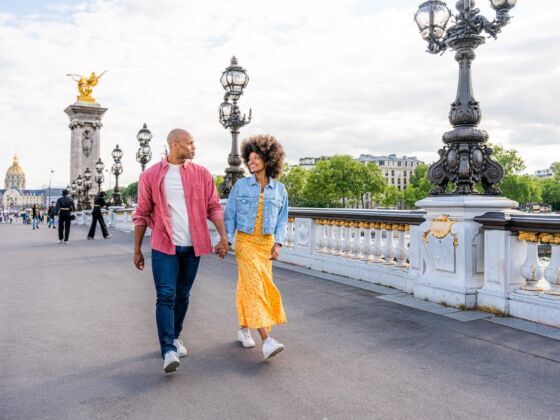While I’m proud of my Colombian heritage, there lingers a negative stereotype that pervades everything I do, especially traveling abroad.
To many, the simple fact that I am Colombian-American means I must have drugs on me, particularly cocaine, which I have never tried in my life. When I traveled to Colombia in the summer of 1994, to visit extended family and learn a little more about my culture, I was 13 years old, and as naive as they come. I remember that upon returning to the United States (Miami, where my sister lives), my suitcase was singled out and rummaged through by several TSA agents. Looking back, I know they were probably suspect of a young teenager flying to Colombia and back by herself. I was a prime target for a search simply because of where I was traveling to and from.
